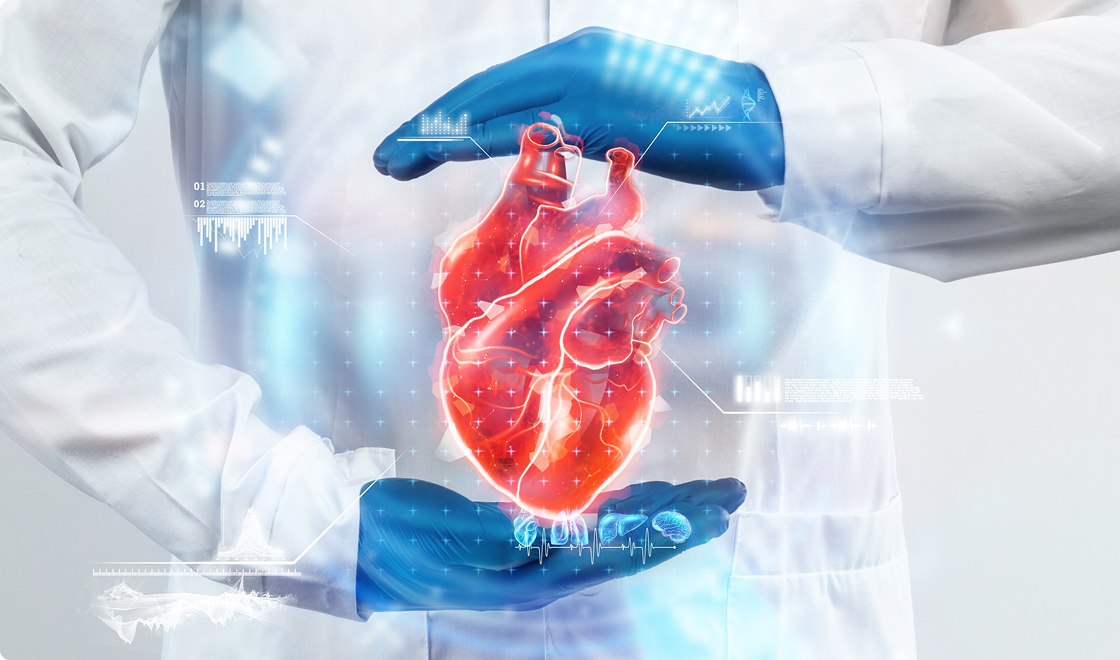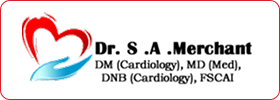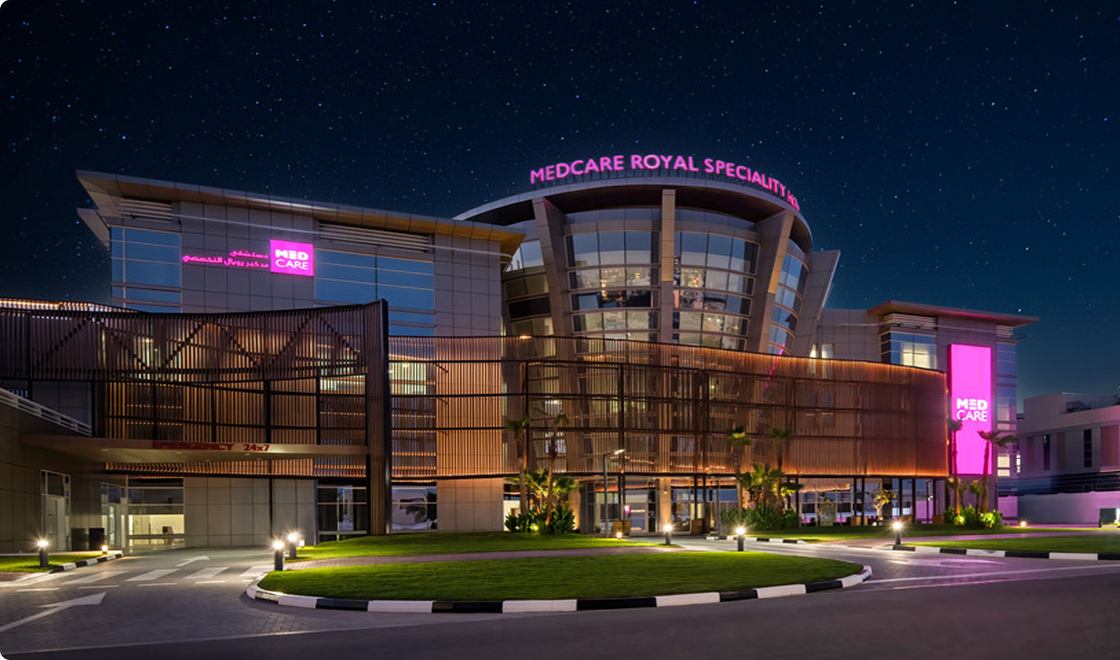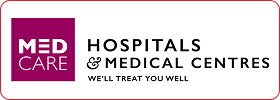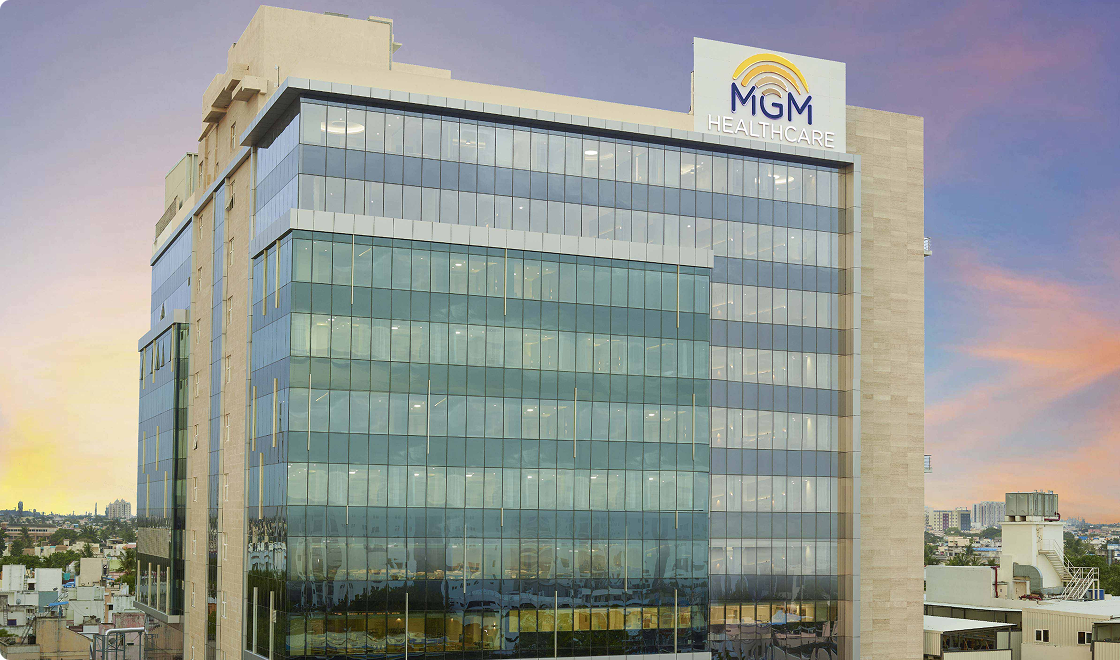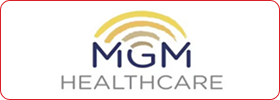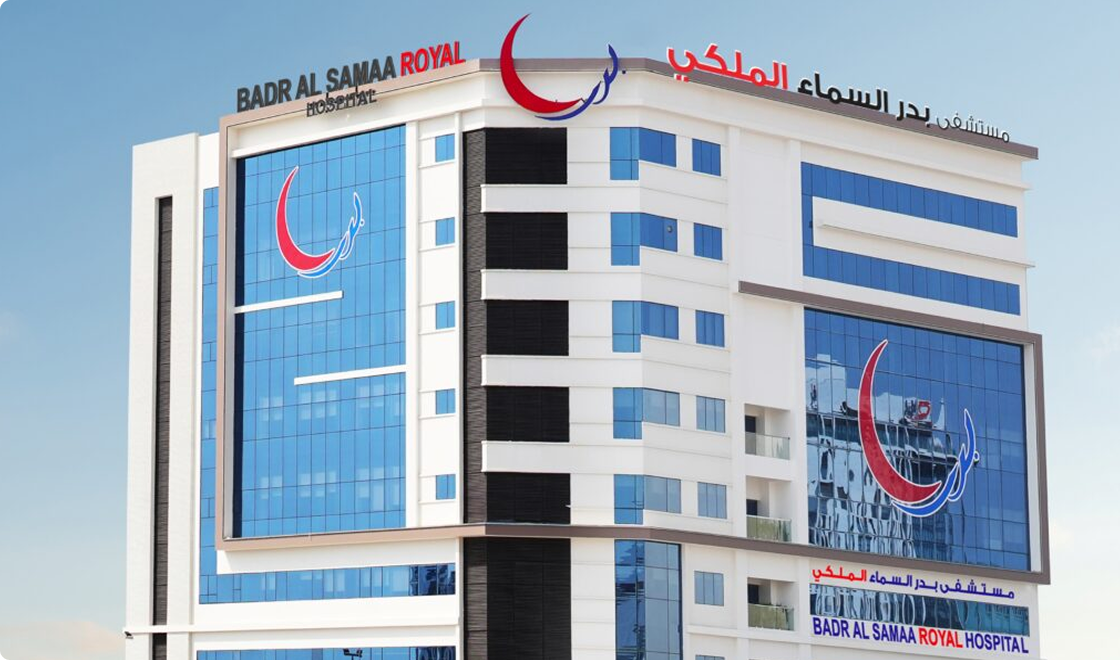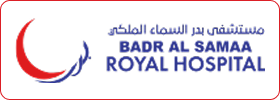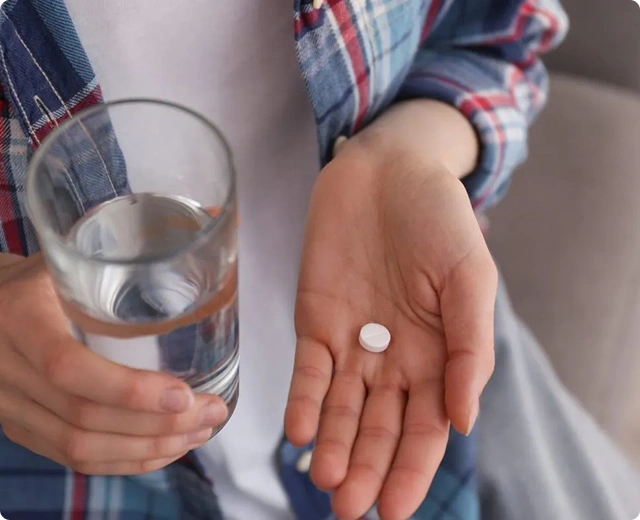
OMT Optimal Medical Therapy (OMT) for Heart Disease
Optimal Medical Therapy for Heart Disease provides a successful, non-surgical approach that focuses on drugs and lifestyle changes. This medical management of coronary artery disease seeks to stabilize plaques, regulate risk factors, and avoid additional consequences like heart attacks. By emphasizing evidence-based outcomes, OMT serves as a cornerstone in preventing heart attacks with medication, decreasing the need for surgical intervention in many patients.
Why Choose OMT Over Surgery?
OMT is the preferred alternative to bypass surgery for patients with stable coronary artery disease. This heart disease treatment without surgery reduces surgical risks, hospital stays, and recovery time while efficiently treating symptoms and disease progression. Patients seeking alternatives for avoiding heart bypass surgery benefit from the flexibility, safety, and customization that OMT provides. It enables ongoing treatment adjustments based on the patient's state, increases long-term disease control, and lowers the risk of problems typically associated with surgical procedures, assuring comprehensive and customized cardiac care.
What Does OMT Include?
Medication Therapy
Medical therapy for blocked arteries involves the use of prescription drugs to manage symptoms and prevent disease progression. It offers a non-surgical heart treatment tailored to each patient’s clinical profile.
ACE Inhibitors

ACE inhibitors are essential in medical therapy for blocked arteries as they lower blood pressure by relaxing blood vessels, reducing strain on the heart. This action improves blood flow, decreases the risk of heart failure, and enhances overall cardiac efficiency, making them vital in non-surgical heart treatment plans.
Beta-blockers
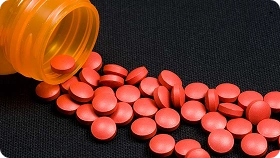
Beta-blockers work by slowing the heart rate and reducing blood pressure, which lowers the heart’s oxygen demand. They help prevent episodes of angina, control arrhythmias, and reduce the risk of sudden cardiac events. Their role in medical therapy supports long-term management of coronary artery disease without invasive procedures.
Statins
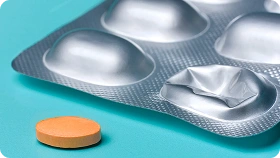
Statins are widely used in non-surgical heart treatment to lower LDL cholesterol levels and stabilize existing plaque in arteries. By reducing lipid buildup, they prevent further narrowing of the arteries, decrease the risk of heart attacks, and contribute to slowing the progression of coronary artery disease over time.
Lifestyle Changes
Lifestyle changes for heart disease are essential components of OMT, focusing on modifying risk factors like diet, exercise, smoking, and stress to improve heart health and prevent disease progression.
Diet

A heart-healthy diet focuses on reducing saturated fats, trans fats, and sodium to help lower cholesterol levels and blood pressure. Incorporating fruits, vegetables, whole grains, and lean proteins supports weight management, reduces inflammation, and decreases the risk of heart disease progression.
Exercise

Regular exercise improves heart muscle efficiency, circulation, and endurance. Engaging in moderate-intensity activities such as walking, cycling, or swimming for at least 150 minutes weekly helps regulate body weight, lowers harmful cholesterol, improves mood, and significantly reduces the likelihood of recurring cardiovascular events or complications.
Smoking Cessation

Quitting smoking is one of the most effective lifestyle changes for heart disease. It prevents further arterial wall damage, enhances oxygen delivery to tissues, improves lung function, and substantially lowers the risk of heart attacks, stroke, and other cardiovascular or vascular diseases.
Stress Control

Effective stress control using relaxation techniques like meditation, deep breathing exercises, yoga, or professional counseling can help reduce cortisol levels, stabilize blood pressure, improve sleep quality, and promote emotional well-being, all of which are essential for cardiac recovery and long-term heart health management.
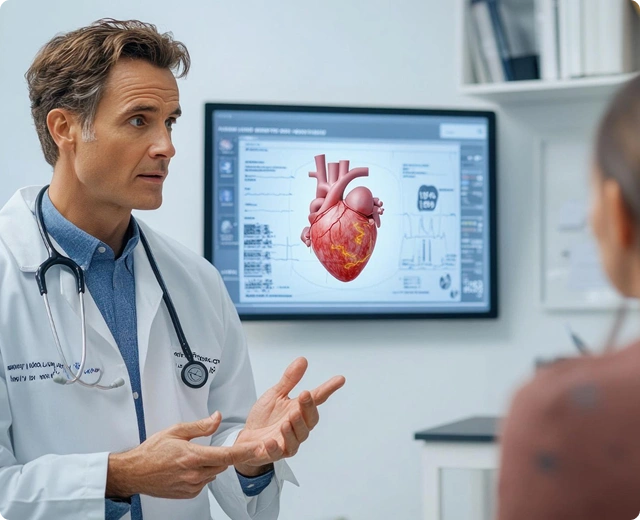
Ideal Candidates for Optimal Medical Therapy
Optimal Medical Therapy (OMT) is appropriate for people seeking a non-invasive treatment for heart disease, particularly those with stable angina or early-stage coronary artery disease. It is also indicated for people who are unable to have surgery due to advanced age, pre-existing health conditions, or personal preference, as it ensures safe and effective disease control without surgical intervention.
Why Choose Us for OMT?
Expert Guidance
Our specialists conduct thorough examinations and create personalized, evidence-based medical therapy programs specific to each patient's condition.
Advanced Diagnostics
We use cutting-edge imaging and diagnostic techniques to provide accurate evaluation and the best treatment options.
Holistic Care
A comprehensive approach that combines pharmaceutical management and lifestyle counseling promotes long-term cardiovascular health.
Global Reach
Accessible services across Chennai, Mumbai, Dubai, and Oman for seamless, world-class cardiac care.
Our Locations
Discover morefrequently asked questions
-
Optimal Medical Therapy (OMT) can help many people manage their coronary artery disease by reducing symptoms and disease progression. However, in cases with severe or multiple-vessel blockages, bypass surgery may still be the best option for full revascularization and long-term results.
-
Medical therapy is essential for managing clogged arteries since it lowers cholesterol, regulates blood pressure, and stabilizes plaque buildup. While it significantly reduces the risk of complications, its effectiveness is dependent on disease severity and adherence to the prescribed regimen.
-
Initial improvements in symptoms such as chest pain or shortness of breath may be seen within a few weeks. However, gaining optimum effect from OMT typically necessitates several months of regular pharmaceutical administration and lifestyle changes.

